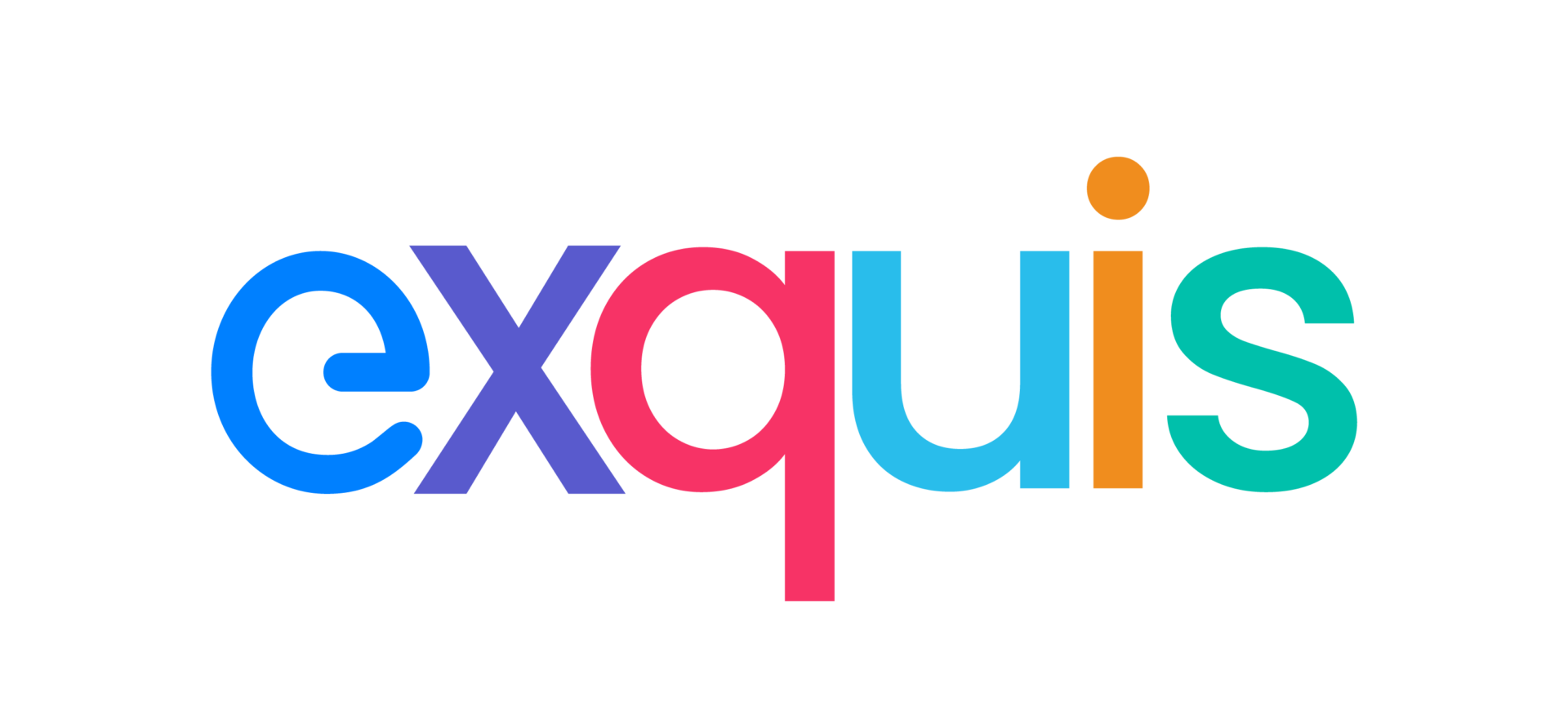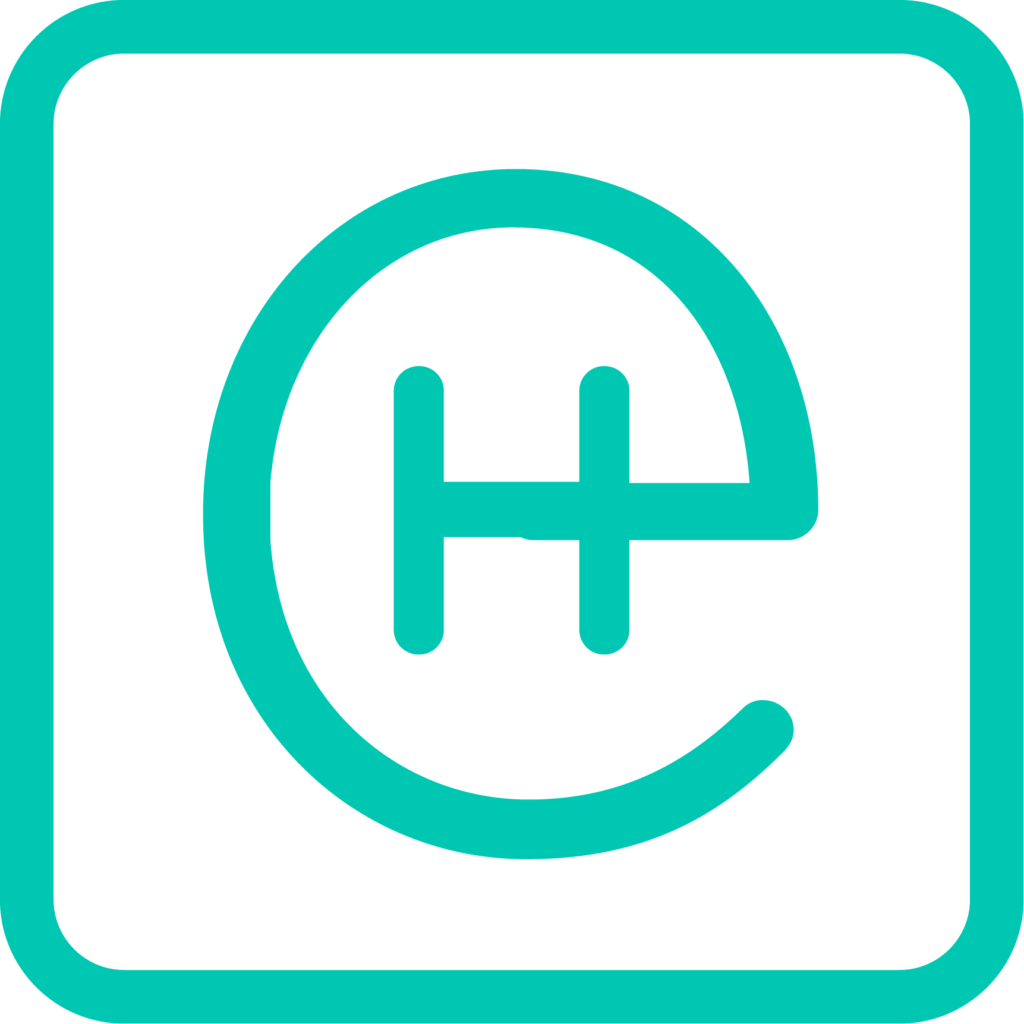The whole idea behind Tech Stories is for us to be able to share original stories of techies in the tech industry.
We know that most times when people are coming into tech, they think that tech is hard but if they can learn and share from the stories of people who are doing it, it could make it a lot easier for them.
That’s why we started the series. We want to have people hear from techies and ask questions, take one or two things away, so that you could also use that in your journey as well.
Looking for your next tech job? Do you live in the US?
Land multiple interviews and secure a tech job.
Exquis: Our guest today is Boluwaji Osakinle. Over to you, please introduce yourself.
Boluwaji: My name is Boluwaji and I currently work with Exquis Apps while partnering with other startups in Canada. I got into tech a couple of years ago. And as we progress, I will let you know how my story went. I also just completed a program in Canada as a Digital Healthcare Specialist. It’s a big privilege that I will be sharing all my stories. I hope you will be able to grab some lessons.
Exquis: Oh, that’s very good. Thank you, Boluwaji for that short introduction. So you’re a front end engineer and now you will be working in the health space but first of all, we have this question for you. Tell us, how did you get into tech? We know there’s always a beginning for everyone. So for you, what was it like? How did you get into Tech?
Boluwaji: My journey began several years ago while I was still in the University of being an undergraduate, studying Microbiology at Obafemi Awolowo University (OAU), Nigeria. I was a Microbiology student. We got introduced to some borrowed courses.
There was a particular course. It was all about computer. Prior to then, to be honest, I never knew anything about programming or computer. I had no experience. All I wanted to be was a medical doctor but ended up being a microbiologist.
While doing the course, I couldn’t make any meaning out of it because it was Java. I struggled. Till now, I still don’t know how I passed that course.
I could remember going to watch a series of tutorials, but I didn’t understand what I was watching. It made absolutely no sense to me. I never knew I was planning ahead. I believe some of you can relate to my story.
We ended up finishing the course then. The event that actually brought me back to the tech was through a friend of mine. So, I had this friend of mine, a classmate, back then in my class. After we finished the course and we all scaled through, we passed (not with good grades). So this guy, he took the learning further, like, he began doing more research.
My friend began digging deeper, he began learning HTML and CSS. While he was doing that, I was with him. I was seeing all those things. I was observing. All of a sudden, my friend got his first job after one year of personal deep learning. He got his first gig and he made his first dollars.
That was when I knew that not only medicine could earn you dollars or make you rich. That was when I took interest and he recommended I start with w3 schools. (W3 schools will teach you some basics). I began from there and still at that, I still could not make meaning, honestly, but I didn’t know I was learning passively.
During NYSC, I took up writing gigs and freelancing. I’ve always had this mindset of growth. When I began freelancing, I was seeing different jobs relating to tech that I could not even do. I felt so bad. I went back to my friend (remember my friend?) After we graduated, my friend got a job in the UK. The company sponsored him and they took him right in front of us.
I got a friend – a friend mentor, shout out to Hafeez. I began taking lessons from him and I was doing fine then. While I was in that process, that was when I started the boot camp training at Exquis App Factory.
The key thing to note is that the position of a mentor should not be overlooked. If you are not that good with being self-taught, you cannot overlook that mentorship.
So, that was how I got into tech.
Exquis: If you had to advise someone who is interested in also becoming a frontend engineer, what programming languages would you advise them to learn?
Boluwaji: That’s a tricky question because I don’t want to be biased. It depends on what you’re trying to achieve.
For each project, you know you want to bring to life, there are suitable programming languages for them. So there are unique programming languages that would really easily fit into those areas.
I will recommend JavaScript for anyone just starting out. You can ask me, why?
Exquis: Why?
Boluwaji: Yeah, so the reason is because JavaScript has this large community support and there are a lot of resources out there, like a lot. The community is so big, you get enough support and resources. Again, you get a lot of frameworks I know will make life easy for you.
And, by the time you begin learning JavaScript, you would have a good grasp of how things work under the hood and how JavaScript works. Believe me, picking other languages becomes so easy. So that’s just it. The only thing you’ll be learning then will be syntax. That’s my recommendation.
Exquis: How long does it take to learn a programming language? We see things like you can learn JavaScript in 3 days, 7 days and so on.
Boluwaji: Forget about it. Please don’t listen to anyone who says that. For me, my journey was a sloppy one. I was picking it up and dropping it, but what I had at the back of my mind back then was that if it will take me 20 years to learn, I don’t care.
I was going to learn this thing regardless of how many years it takes me. The point is to take it a step at a time, like building that momentum of consistency in the long run.
Yes, while you see some people learning it, within six months, at six months, it doesn’t make them that proficient in it. Yes, it’s all about learning the basics, So you can learn it within six months or you can learn the basics in one year.
But if you want to really be as proficient as possible, it takes forever. Learning takes forever. So that’s it. It takes forever. Be consistent. If I miss two days of not learning, I don’t beat myself up. I know the next time I pick it up, I’m good to go.
Well, I’m not saying that’s the best approach. The first thing is to know yourself, and don’t beat yourself up too. Because we are what we are. We’re all different. We have our personalities, strengths and weaknesses so you have to just know yourself, then plan towards that.
Exquis: So the next question is, what are the career options that you think are available for those who are learning frontend development?
Boluwaji: A lot of options. Like a lot. So you can decide to be a front end developer and also an engineer, they all work together. You can also be a consultant. Yeah, you can start consulting for companies. The only thing is you have to have some technical knowledge. You can be a front end manager.
The list goes on and on. You can also be a technical writer. You can teach. You can start documenting and start writing and publishing. You start getting gigs from companies to come and write their documentation. There are lots of opportunities in the industry.
Exquis: Is there a difference between frontend developer and frontend engineer?
Boluwaji: I see no difference but there’s still a little bit of difference. Basically, what the frontend developer does is to integrate the user interface, by working with the UI/UX designer or developer, and making life easier for users. The frontend developer works with the backend, to integrate features, web accessibility, and all.
When it comes to the frontend engineer, the frontend engineer manages the entire program including technical difficulties so it’s just like an extra step ahead. But if you look at it closely, they are the same thing. The only thing, the only difference is the years of experience in the long run.
Exquis: Any extra thoughts?
Boluwaji: A senior colleague of mine mentioned this to me while I was learning. Also, I was around a lot of developers too. I forgot to mention that. You just have to learn to take the answer to solutions, learn to absorb it. Don’t beat yourself to it, please. If you don’t know something and you see a solution to it, look at it, study it then move ahead. Don’t waste time trying to be the next scientist. Take the answer and move.
Keep practicing. By the time you have done a lot of practice, over time, you just start seeing these patterns.
Something for you:
Looking for your next tech job? Do you live in the US?
Land multiple interviews and secure a tech job.






